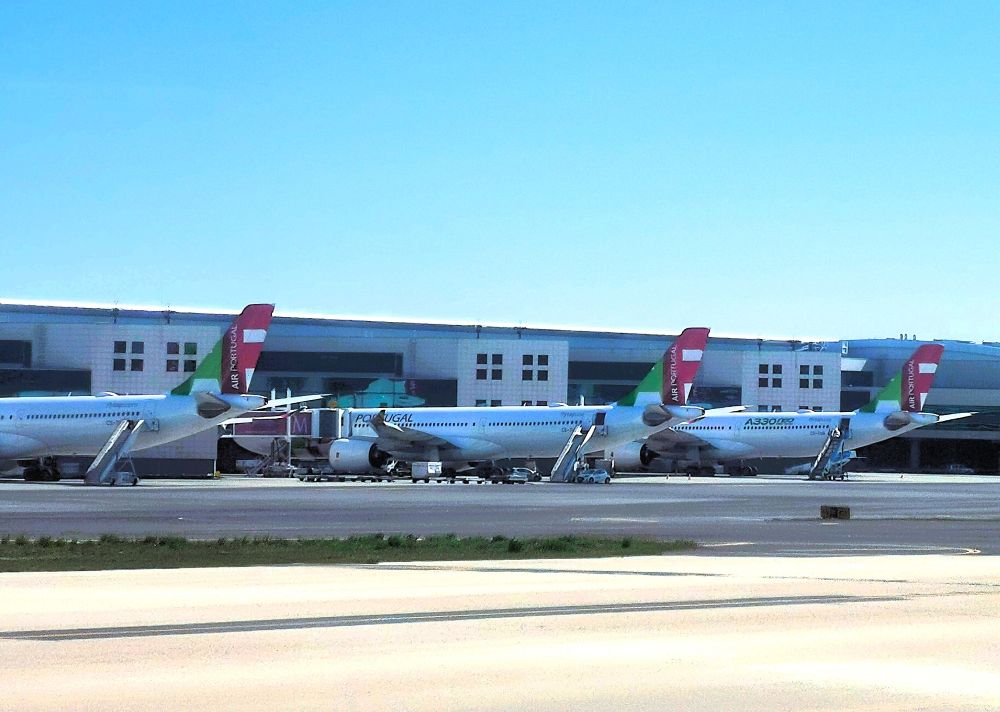XXXXXXXXXX

The devastating effects of Covid-19 on the leisure travel industry and the challenges of quarantine periods and second spikes have been well documented. But what about the business travel sector? James McIlvenna, Head of Account Management at Corporate Traveller UK, specialists in managing business travel for SME companies, gives an inside perspective.
The Covid-19 warning signs began in late February when our SME clients put bans in place for travel to Asia. Within a matter of weeks, non-essential business travel ground to a halt globally.
Clients in some industry sectors, such as marine and energy, continued to travel throughout the crisis. In fact, they needed more support than ever as borders were closing at short notice, and flights were being cancelled making it challenging to plan direct routes. But for around 90% of our clients, the focus was on repatriating stranded travellers, securing refunds from suppliers and helping to put travel restrictions in place for clients’ employees
No one knew how long the crisis would last and when it would be possible to resume any significant levels of business travel.
Corporate Traveller’s strategy was to use the downtime to carry out extensive research among our SME customers to understand their sentiments on business travel. Around 950 business travel decision-makers, bookers and travellers at our SME customers in EMEA, Asia, the Americas, India, Australia and New Zealand were surveyed in May and June. Asked to rank which triggers would prompt resuming business travel, easing or lifting border restrictions came top with 93% of respondents saying it would significant or some impact. However, the second trigger (89%) was ‘our organisation deems it safe to travel and this is reflected in our travel policy’.
The results confirmed what we had already predicted. Traveller safety and duty of care would become front and centre for companies when they return to business travel. No longer is the focus primarily on generating cost savings.
Over the last three months, our approach has been to introduce a major duty of care programme to help customers get the right measures in place. This is particularly relevant for SMEs as they don’t have a dedicated ‘travel manager’ and the person who owns travel may have multiple responsibilities. Pre-Covid, clients approached duty of care in an ad hoc way; post-Covid they need specialist support from their travel management company (TMC)
A key objective has been to encourage clients to engage with their travellers. For example, we provided PA bookers with a survey to conduct among their own travellers to better understand their concerns about resuming travel. Other initiatives include traveller checklists to help plan and pack for a business trip and webinars giving clients an accurate picture of the end-to-end traveller experience and what to expect.
Before the pandemic, account management reviews of clients’ travel programmes focussed on finances and cost savings. But now these reviews have been remodelled to assess the clients’ duty of care and traveller wellbeing processes. For example, airport transfers avoiding public transport, number of nights away from home, safe hotel options for food and beverage.
Covid-19 hit business travel harder than anything anyone has ever experienced. But out of adversity comes opportunity. The pandemic has been the catalyst for introducing robust duty of care and safety measures into SMEs’ corporate travel programmes which will ultimately benefit their travelling employees’ wellbeing in the long term.
Lisa
Lisa joined Travel Weekly nearly 25 years ago as technology reporter and then sailed around the world for a couple of years as cruise correspondent, before becoming deputy editor. Now freelance, Lisa writes for various print and web publications, edits Corporate Traveller’s client magazine, Gateway, and works on the acclaimed Remembering Wildlife series of photography books, which raise awareness of nature’s most at-risk species and helps to fund their protection.
Have your say Cancel reply
Subscribe/Login to Travel Mole Newsletter
Travel Mole Newsletter is a subscriber only travel trade news publication. If you are receiving this message, simply enter your email address to sign in or register if you are not. In order to display the B2B travel content that meets your business needs, we need to know who are and what are your business needs. ITR is free to our subscribers.








































Airlines suspend Madagascar services following unrest and army revolt
Qatar Airways offers flexible payment options for European travellers
Airbnb eyes a loyalty program but details remain under wraps
Air Mauritius reduces frequencies to Europe and Asia for the holiday season
Major rail disruptions around and in Berlin until early 2026